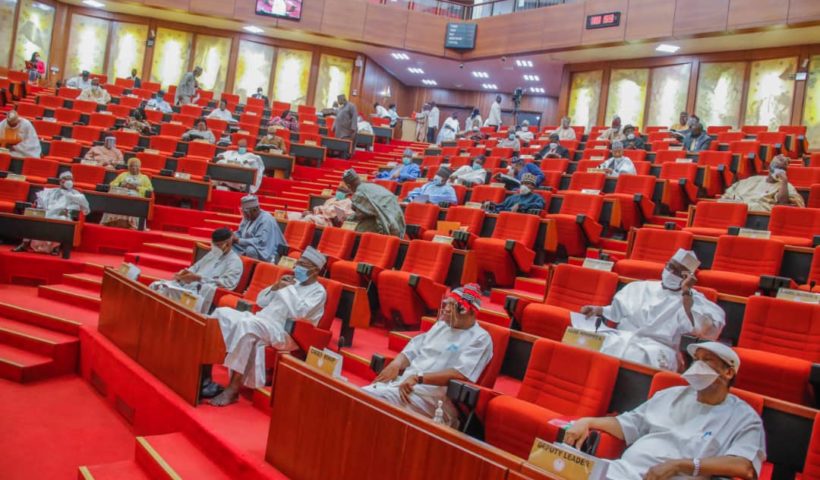The Nigerian Senate has approved a bill to raise the national minimum wage from ₦30,000 to ₦70,000, effectively making it a law.
Senate President Godswill Akpabio announced the approval following the bill’s third reading during a plenary session in Abuja on Tuesday.
The bill was proposed by President Bola Tinubu after discussions with labour leaders, the bill also reduces the review period for the minimum wage from five years to three years.
Akpabio emphasized that the bill aims to amend the National Minimum Wage Act 2019, ensuring regular wage adjustments to match economic conditions.”Distinguished colleagues, the third reading has been taken and passed,” Akpabio stated, confirming the bill’s passage in both legislative chambers of the National Assembly.
The bill’s swift approval came after President Tinubu transmitted it to the National Assembly, urging prompt consideration. Both the Senate and the House of Representatives passed the bill immediately, reflecting unanimous support.
President Tinubu is expected to sign the bill into law in the coming days. This development follows a series of negotiations between the government and organized labour. Initially, the federal government proposed a minimum wage of ₦62,000, while labour demanded ₦250,000, leading to a deadlock.
After months of discussions, a truce was reached last Thursday, with both sides agreeing on ₦70,000 as the new minimum wage. The agreement was facilitated by a tripartite committee comprising representatives from state and federal governments, as well as the organized private sector.
The Nigeria Labour Congress (NLC) President, Joe Ajaero, explained that labor accepted the ₦70,000 offer because it includes more frequent reviews of the minimum wage, now every three years instead of five.
The legislative move aims to address the economic challenges faced by Nigerian workers, including inflation and the high cost of living, which have intensified since the removal of the petrol subsidy. By ensuring regular wage adjustments, the government hopes to alleviate the financial burden on workers and promote economic stability.
These bill’s passage marks a significant step towards ensuring fair and sustainable wages in the country.




